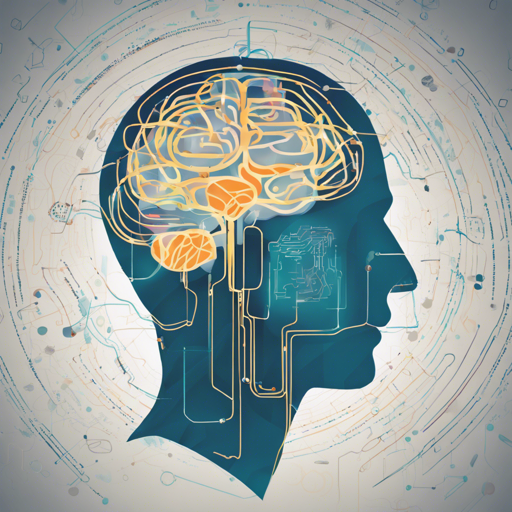In the realm of artificial intelligence, understanding and analyzing mental health through social media content has become an intriguing challenge. This blog post will guide you through the MentaLLaMA framework, explaining how to leverage it for interpretable mental health analysis and providing some troubleshooting tips.
What is MentaLLaMA?
MentaLLaMA is an open-source framework that employs large language models (LLMs) to conduct mental health analyses on social media data. By building upon the Interpretable Mental Health Instruction (IMHI) dataset, MentaLLaMA allows users to generate meaningful insights regarding individuals’ mental health based on their social media posts.
Getting Started with MentaLLaMA
To use MentaLLaMA, you need to follow a series of steps. Think of this as preparing a special recipe: you gather your ingredients, start the cooking process, and finally enjoy the dish!
- Step 1: Install the Necessary Libraries – You will need the Hugging Face Transformers library to load the MentaLLaMA models effectively.
- Step 2: Model Selection – Choose which of the multiple MentaLLaMA models you wish to implement, such as MentaLLaMA-33B-lora or MentaLLaMA-chat-13B.
- Step 3: Loading the Model – Use Python code to load the model into your environment.
from transformers import LlamaTokenizer, LlamaForCausalLM
tokenizer = LlamaTokenizer.from_pretrained(MODEL_PATH)
model = LlamaForCausalLM.from_pretrained(MODEL_PATH, device_map='auto')Understanding the Code: An Analogy
Imagine you’re a detective trying to solve a complex case with clues scattered all around. Each clue represents the social media data that you gather. In the code snippet provided, you are essentially setting up your detective’s toolkit:
- Loading Tools (Tokenizer and Model): Here, you’re picking up your magnifying glass (tokenizer) and notepad (model) to thoroughly inspect and jot down important observations (analyze social media posts).
- Input Gathering: You’re gathering clues, like notes from witnesses (social media posts). Ascertain the context to better understand the story.
- Generating Insights: After your investigation, you compose your findings (analyses), piecing together the details to solve the case (understanding mental health states).
Troubleshooting Common Errors
Even the best detectives run into obstacles! Here are some common issues you might face while using MentaLLaMA, along with solutions:
- Model Not Found Error: Ensure that you’ve provided the correct path to the model. If the model isn’t in the specified path, it won’t be loaded.
- Low Memory Errors: If you encounter memory-related issues, consider using a smaller model or optimizing your setup for better performance.
- Inaccurate Predictions: If the model produces unexpected results, double-check the input data for clarity and context. The quality of input significantly affects the output.
For more insights, updates, or to collaborate on AI development projects, stay connected with fxis.ai.
Conclusion
Shadowed by the complexities of mental health, MentaLLaMA paves a way forward in enabling meaningful analysis through large language models. Understanding the intricacies of this framework can enhance mental health analyses significantly.
At fxis.ai, we believe that such advancements are crucial for the future of AI, as they enable more comprehensive and effective solutions. Our team is continually exploring new methodologies to push the envelope in artificial intelligence, ensuring that our clients benefit from the latest technological innovations.

